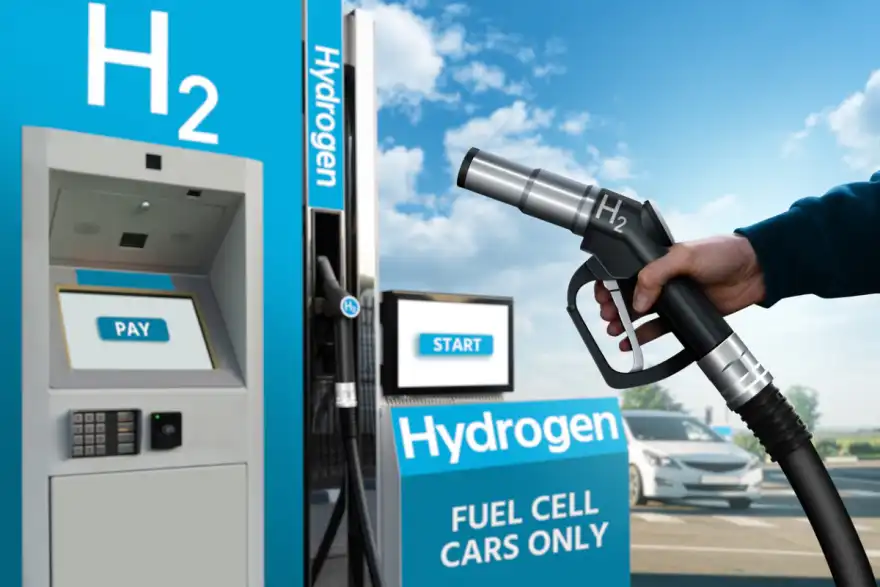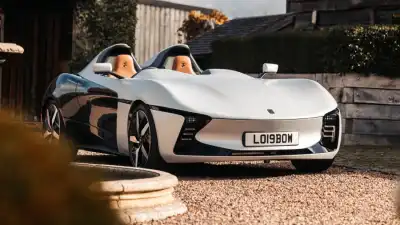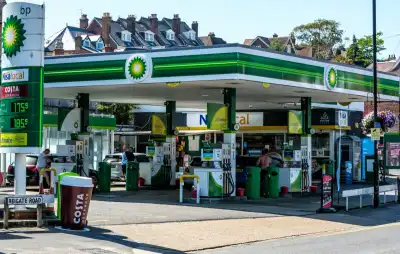
While there’s a lot of talk about electric cars and their increasing importance, less is discussed about another form of propulsion that can also help reduce emissions – hydrogen fuel-cell technology.
While several manufacturers have been developing it for some time, only a handful have brought hydrogen-powered cars to market, and the technology has done little more than bubble away in the background while battery-powered EVs (BEVs) have taken off.
But what are hydrogen cars, how do they work and will they ever become commonplace? Here we answer all the key questions
What is a hydrogen fuel cell car and how do they work?
While still technically being classed as an ‘EV’, a hydrogen fuel cell car works differently from the more commonplace battery-electric vehicles. Often shortened to FCEV (fuel cell electric vehicle), they are powered by compressed hydrogen gas, which mixes with oxygen in the surrounding air that is then fed into a fuel cell stack.
When in the fuel cell stack, these gases have an electrochemical reaction that produces electricity to power the car, along with heat and water vapour – the latter being the only emission.
How do you refuel a hydrogen car and what is the infrastructure?
Similar to a regular petrol or diesel vehicle – you have to stop and fill up with hydrogen as the tank empties.
You fuel them up at dedicated hydrogen refilling stations, pumped similarly to a petrol or diesel vehicle. They’re very quick to fuel, too, taking less than five minutes and the process is both quick and simple.
The downside of hydrogen filling stations is the infrastructure, due to a sheer lack of filling stations. According to UK H2 Mobility, there are just seven places you can refill a vehicle with hydrogen in the UK and you’ll find most of these clustered around certain areas – three are around London, while there are two in Aberdeen.
However, the number of stations is set to grow in the coming years as HGV and buses are likely to use hydrogen fuel cell tech over conventional batteries. Just this week the government announced a new hydrogen refuelling station will be built in Middlesborough, northeast England.
Why aren’t hydrogen cars as popular as electric cars?
The infrastructure continues to be the main barrier for hydrogen cars, with very few registered in the UK to date, especially to private buyers. If you don’t currently live anywhere close to the handful of places you can refuel them, you’re just not going to buy one.
Installing the infrastructure is also much more difficult than for conventional electric cars, where chargers can fairly easily be installed wherever they are needed, while those with off-street parking can also charge their cars while at home.
The limited choice of hydrogen cars, as well as the fact they go under the radar hasn’t helped their chance to date, either.
Are hydrogen cars safe?
Hydrogen is known for its powerful and potentially explosive nature, which is what makes it so useful in nuclear power stations.
But in a car, the technology has been proven to be exceptionally safe, and it’s every bit as dependable as a car powered by any other kind of fuel. Toyota, one of the frontrunners when it comes to hydrogen, says it tested its hydrogen cars over ‘millions of kilometres’ in different terrains, while also being ‘thoroughly crash tested and safety tested’.
The tanks that the hydrogen is stored in are also known for their strength and are made from a carbon-fibre shell with a glass-fibre shell over the top, which are two materials renowned for their robustness. Toyota’s hydrogen cars are also equipped with sensors that can detect even the smallest leaks of hydrogen and can shut down the safety valves and vehicle itself if this is sensed.
Can I buy a hydrogen car now?
There are only two hydrogen fuel cell cars you can currently buy in the UK – the Toyota Mirai saloon and the Hyundai Nexo SUV. Both are very hard to come by, but they are available.
Each brings a range of around 400 miles and potential quick refuelling, just as long as you live somewhere close to a refuelling station. It’s the second generation of Mirai that’s on sale in the UK, with the first going on sale in 2016.
Are hydrogen cars set to grow in popularity?
There are very mixed views about hydrogen cars and their growth. Though many firms continue to work on the technology, it is often on the back foot next to regular EVs, as manufacturers are under increasing pressure to reach electric vehicle targets.
That said, many believe the technology will come to the forefront in the future. Inoue Katsushi, who is in charge of Honda’s electrification efforts, recently told Autocar that the “fuel cell era would take more time”. He added that an “EV era comes first and the next phase is fuel cell cars”. Katsushi said he believed hydrogen cars are likely to become more commonplace closer to 2024.
It’s worth noting that hydrogen is far more likely to be used in larger commercial vehicles, such as HGVs and buses, because it brings considerably lower emissions, but still with the flexibility to do longer distances.
What firms are working on hydrogen cars?
While quite a lot of firms will be working quietly away on hydrogen cars in the background, only a few have been vocal in introducing and developing them.
Toyota and Hyundai are two of the most prominent and are part of only a handful of companies that have introduced hydrogen cars to the public. Toyota, especially, continues to explore it, especially when it comes to commercial vehicles.
Automotive group Stellantis, which includes Peugeot, Citroen and Vauxhall, are also working on hydrogen for its vans, with the firm set to launch a mid-size hydrogen van in other European markets in 2024. Vauxhall has recently partnered with Ryze Hydrogen to try and build up the refuelling infrastructure for fleets.
Elsewhere, BMW has continued to work on hydrogen cars, with the firm already testing its iX5 Hydrogen prototypes, based on its X5 SUV, for several years, and says that it hopes to have a production hydrogen vehicle on sale by 20230.



